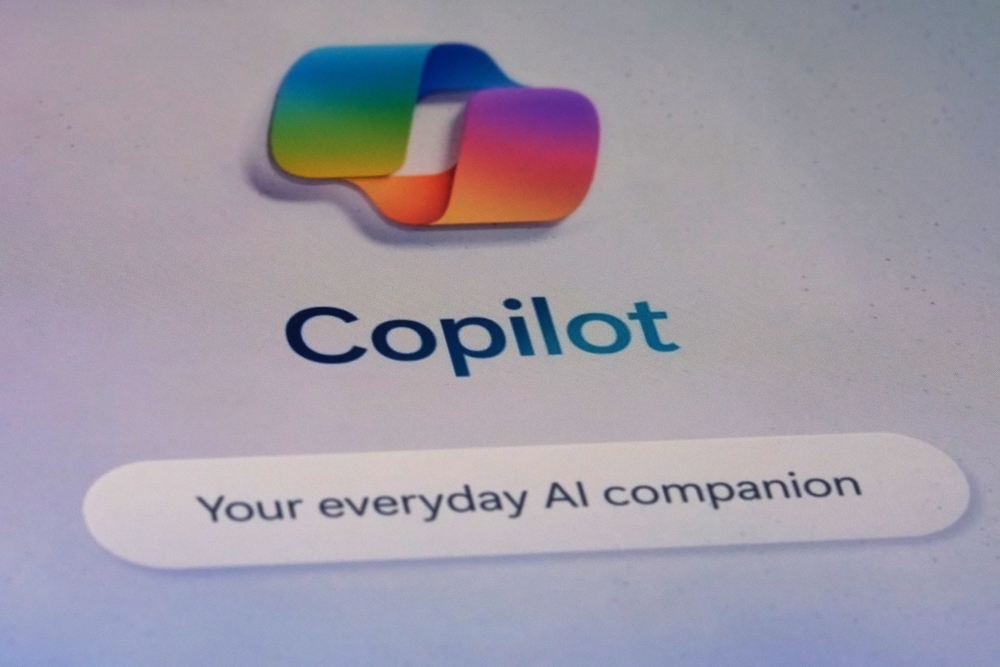A comprehensive study conducted by GitClear delves into the impact of GitHub Copilot and artificial intelligence on software development. Focusing on code quality and maintainability, the Coding on Copilot study compares AI-generated code to that crafted by human developers.

Discouraging Trends in Code Supportability:
The study reveals concerning trends in code supportability, projecting a doubling of code churn (percentage of lines corrected or updated within two weeks) from the 2021 pre-AI baseline by 2024. Notably, the proportion of “added” and “copy/paste” code increases in correlation with “updated,” “removed,” and “moved” code, portraying AI-generated code as potentially disruptive to established coding principles.
Positive Productivity vs. Code Maintainability Dilemma:
Contrasting GitClear’s findings, a 2022 GitHub study highlights increased productivity, with Copilot users completing tasks 55% faster. However, GitClear’s research indicates challenges in code maintainability, emphasizing the correlation between Copilot usage and the introduction of “bug code” into repositories, notes NIXSolutions.
Challenges in Code Reuse and Maintainability:
GitClear identifies three significant challenges associated with Copilot’s growth: increased churn leading to “bug code,” decreased code movement hindering refactoring and reuse, and a rise in copied/pasted code compromising long-term maintainability. The study concludes by questioning how Copilot will redefine the developer role and addresses the pressing need for cleaning up the codebase clutter introduced by AI.
In conclusion, the rise of AI prompts critical reflections on the future of software development. As lines of code multiply at an unprecedented rate, the pertinent question for 2024 becomes: Who will shoulder the responsibility of cleaning up this evolving coding landscape?
